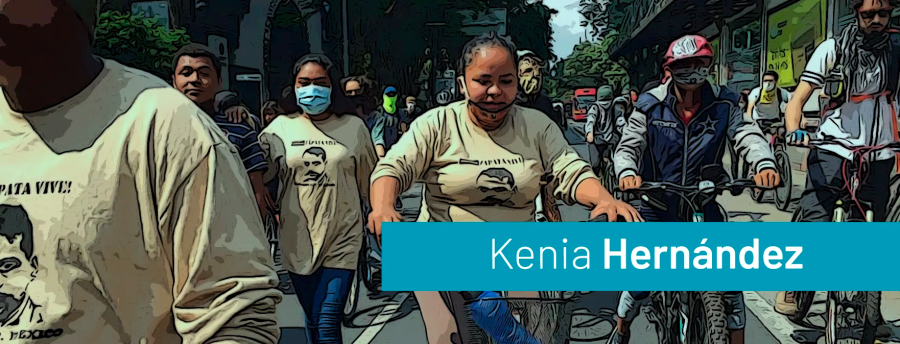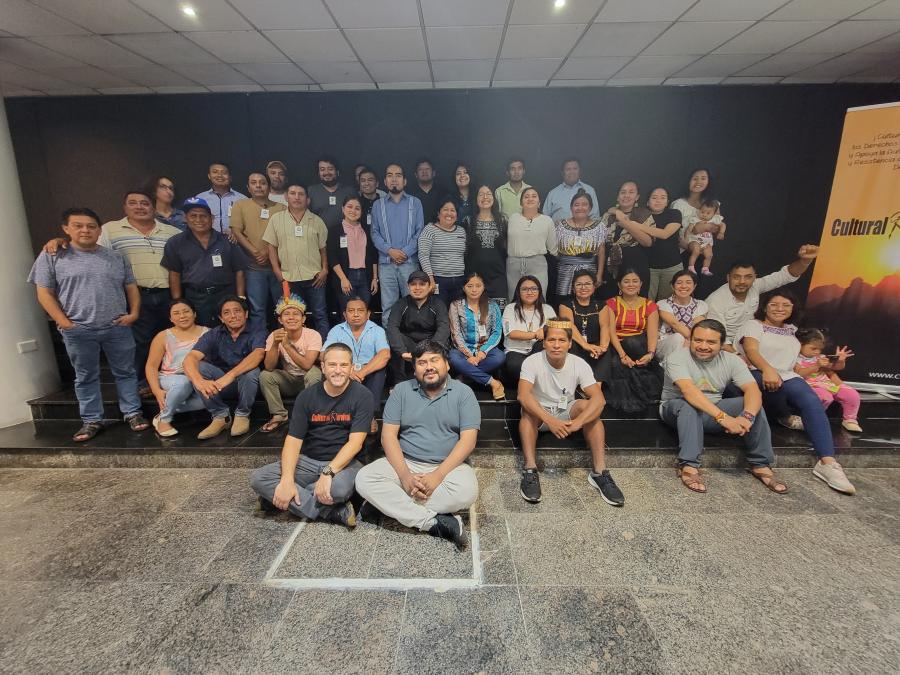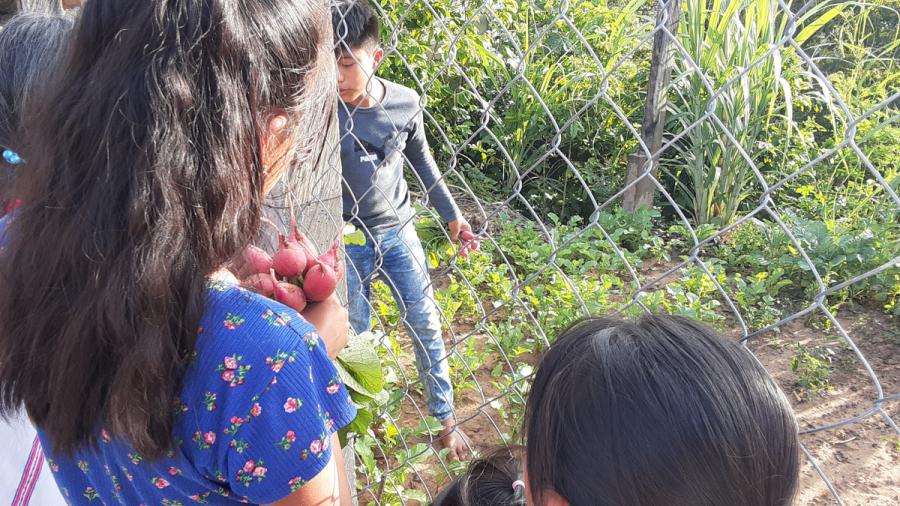Zapatista leader Subcommander Marcos is exchanging arms for political opportunity. The Zapatistas, a group of Mexican peasant rebels dissatisfied with the extreme poverty, exploitation, and lack of political representation of peasants in Mexico, began their protests on January 1st, 1994 in an armed uprising against the Mexican government. In 1996, the Zapatistas method of demanding education, land, hospitals, an independent press, respect for indigenous peoples, and an end to poverty, progressed to peaceful negotiations with the Ernesto Zedillo government.
From June 30th to July 6th, over 1,000 Mexicans from diverse socioeconomic backgrounds gathered for the Forum of the State, an event organized by the Zapatista Army of National Liberation (EZLN) in San Cristobal de las Casas, Chiapas. During the forum, EZLN announced its desire for non-violent action and for the creation of the Broad Opposition Front (FAO), a coalition of peasants, intellectuals and politicians. The FAO's agenda includes the construction of a new constitution and the formulation of alternatives to neo-liberal economic policies that encourage the destruction of natural resources, the production of luxury products rather than subsistence goods, and an unequal distribution of wealth. The FAO's aggressive plan to enact far-reaching change reflects Article 39 of the Mexican constitution, which states that the people have "the inalienable right to alter or modify the form of their government."
In their shift toward political activism, the EZLN has chosen to over-look past differences and establish relations with the Party of the Democratic Revolution (PRD), a center-left political party that shares many of EZLN's goals. The Zapatistas have also organized a political group, the Zapatista Front for National Liberation (FZLN). The FZLN opposes policies perpetuated by the Institutional Revolutionary Army (PRI) which has been in power since 1929. All of Mexico is waiting to see whether the FZLN will challenge the incumbent PRI party in the midterm federal elections of 1997. Article copyright Cultural Survival, Inc.



